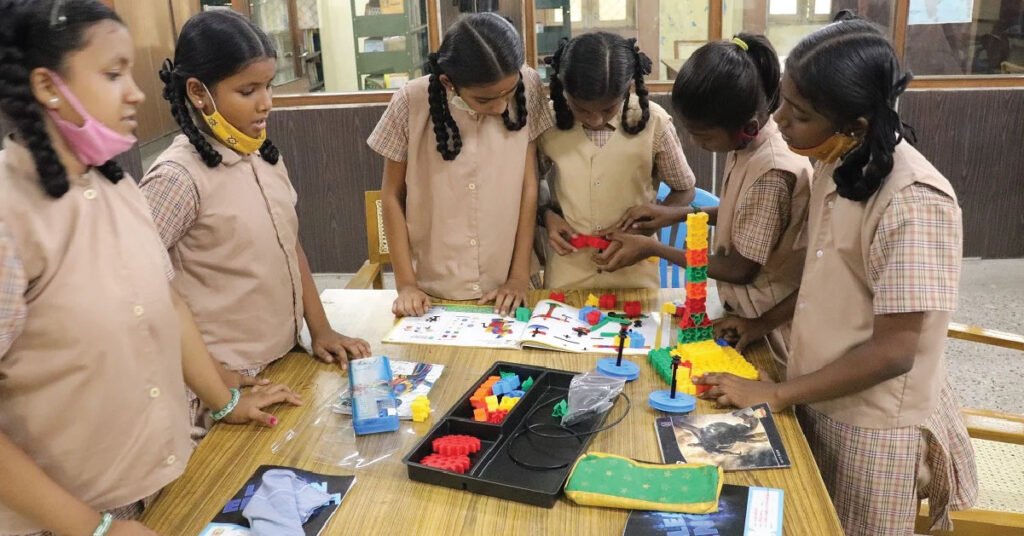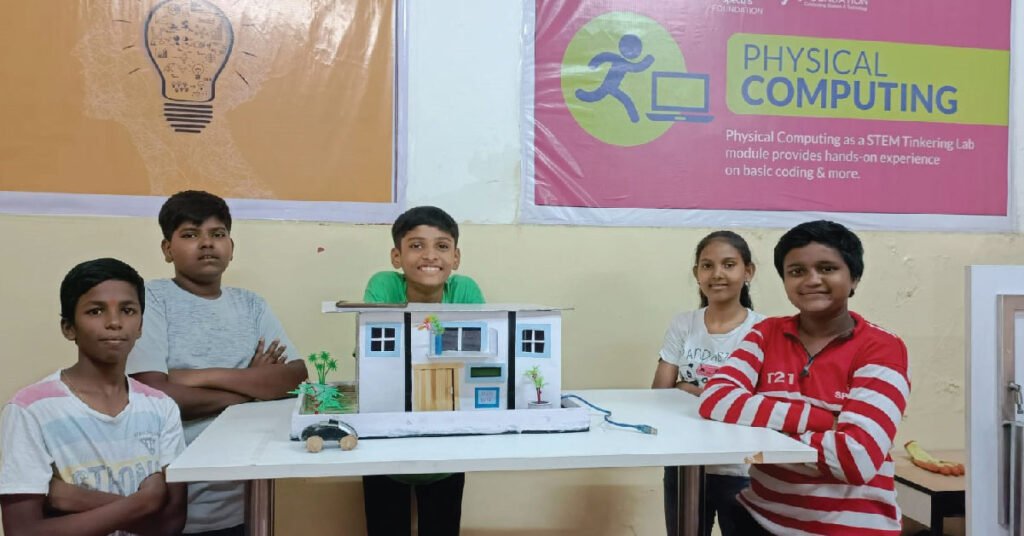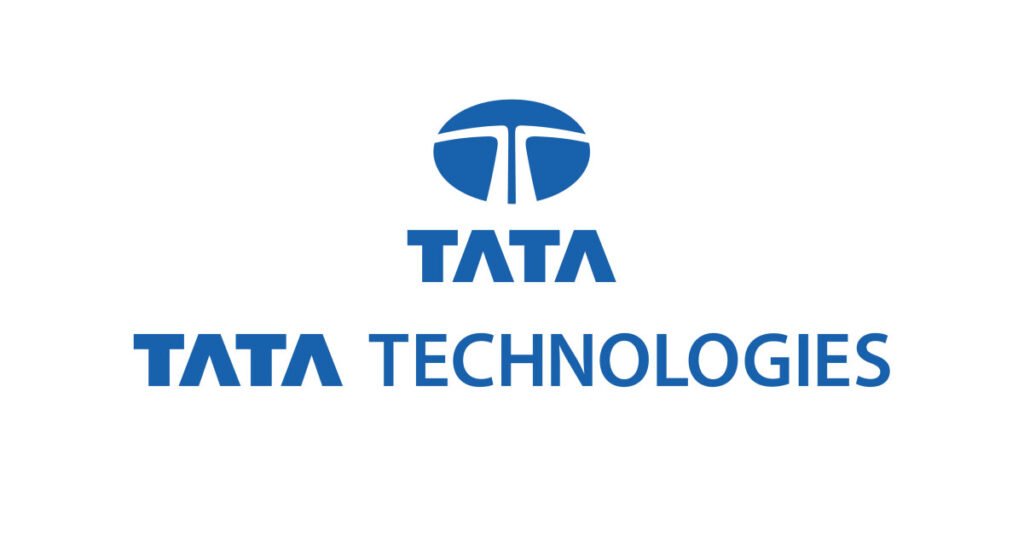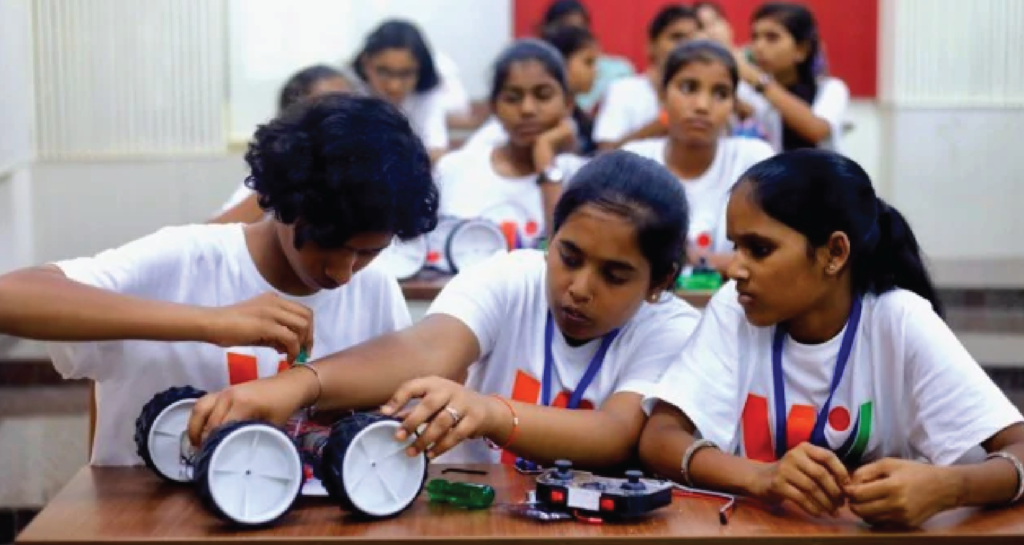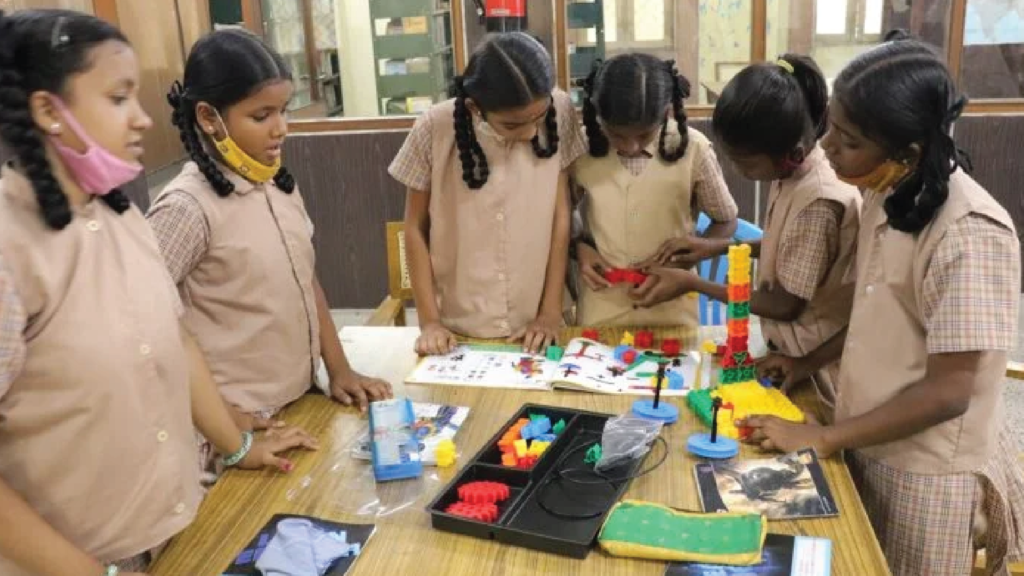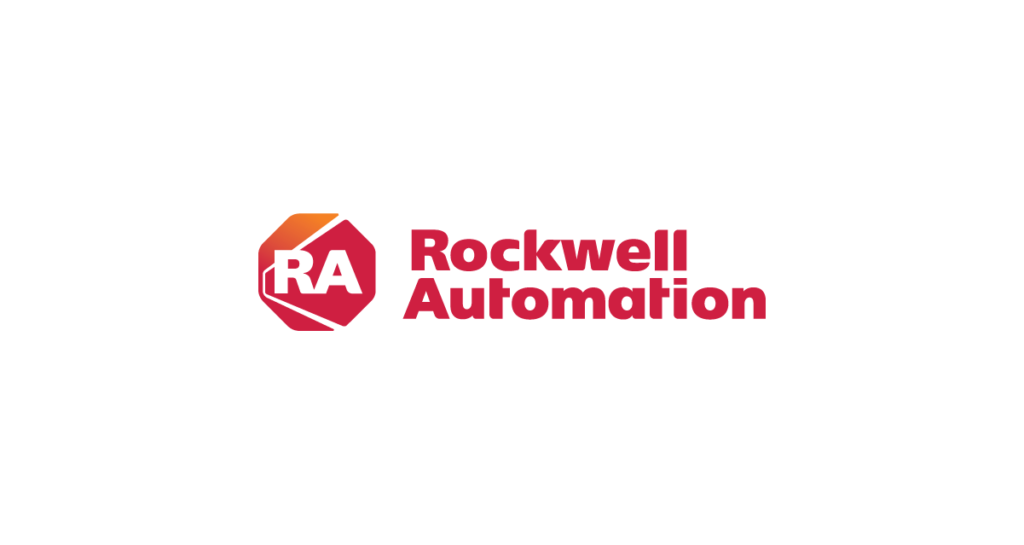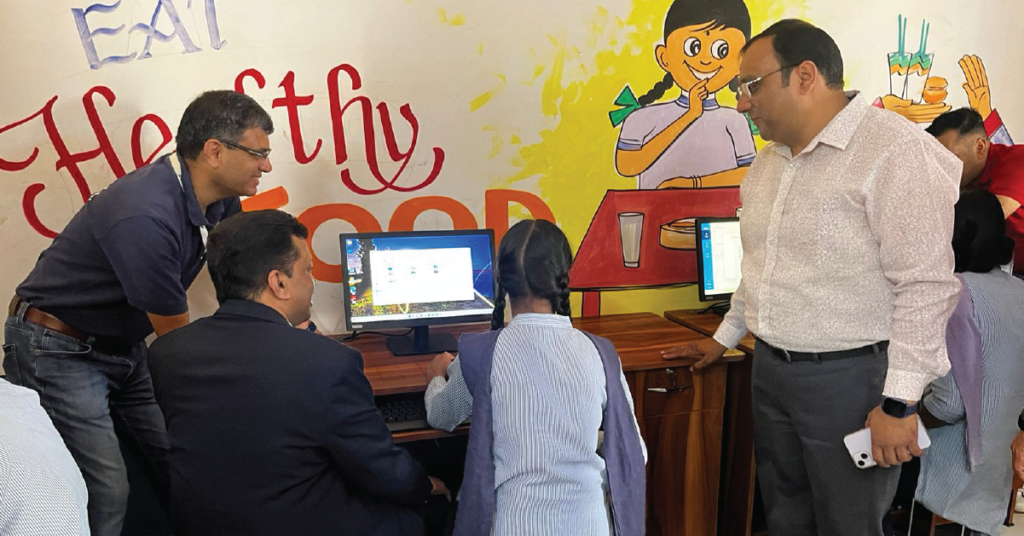A number of industries, including education, are being revolutionized by artificial intelligence (AI). The incorporation of AI is changing how students learn and interact with difficult subjects in STEM areas. AI technologies are improving educational performance by adjusting to individual needs and offering real-time help in anything from intelligent tutoring systems to personalized learning experiences.[…]
In STEM education, practical learning—which is defined by hands-on activities and real-world problem-solving—is becoming more and more important. In contrast to conventional theoretical methods, hands-on learning involves students actively investigating, testing, and utilizing STEM topics. By bridging the gap between theory and practice, this experiential approach enables students to interact directly with the subject matter[…]
STEM fields—Science, Technology, Engineering, and Mathematics—traditionally place a strong emphasis on technical proficiency, problem-solving abilities, and analytical capabilities. It places more value on technical expertise and rigorous, data-driven methods than on creativity and the arts, which are essential for innovative and comprehensive problem-solving. The combination of STEM (science, technology, engineering, and mathematics) with the arts[…]
STEM education, encompassing science, technology, engineering, and mathematics, is critical for fostering innovation and driving national progress. By equipping students with skills in critical thinking, problem-solving, and creativity, STEM prepares future leaders to address complex challenges, from climate change to technological advancements. A nation with a strong foundation in STEM education is better positioned to[…]
On the 5th of September 2024, Tata Technologies demonstrated its commitment to fostering a brighter future for India’s youth through its impactful Volunteer Engagement Program at New English High School in Hinjewadi, Pune. The event was an inspiring example of how corporate social responsibility (CSR) initiatives, coupled with hands-on volunteer efforts, can make a meaningful[…]
In a world that is changing quickly, the gender gap in STEM (science, technology, engineering, and mathematics) disciplines continues to be a serious problem that impedes advancement. Even while the value of diversity and inclusion is becoming more widely acknowledged, obstacles still prevent women and members of underrepresented groups from participating fully in these vital[…]
Corporate Social Responsibility (CSR) in education in India has become a critical avenue for businesses to contribute to societal development and address educational inequities. With the enactment of the Companies Act 2013, which mandates eligible companies to invest in CSR, there has been a significant increase in corporate initiatives aimed at improving educational outcomes. Companies[…]
On August 12, 2024, Rockwell Automation, a global leader in industrial automation and digital transformation, marked another milestone in its commitment to promoting STEM education in India by supporting the establishment of a state-of-the-art STEM cum Computer Lab, known as Robo Shiksha Kendra, at SGBT Khalsa Boys School in Delhi. This initiative represents a significant[…]
On August 1, 2024, MSS V K Mate High School in Pune marked a significant milestone in its educational journey with the grand inauguration of a state-of-the-art STEM Tinkering Lab, also known as the Robo Siksha Kendra. This transformative initiative, aimed at fostering hands-on learning and sparking innovation among students, was made possible through the[…]
STEM fields—science, technology, engineering, and mathematics—have become more important in today’s world. The pressing demand for a highly qualified workforce in fields essential to technological advancement and innovation is addressed by STEM education. Pupils who have studied STEM fields are better able to manage challenging situations, keep up with emerging technologies, and contribute to society.[…]

